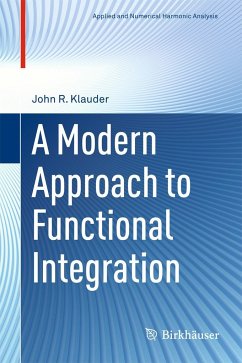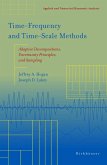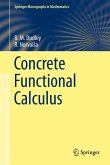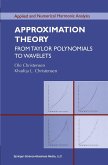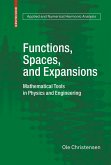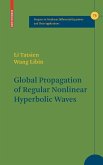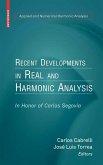This text takes advantage of recent developments in the theory of path integration to provide an improved treatment of quantization of systems that either have no constraints or instead involve constraints with demonstratively improved procedures.
The modern treatment used by the author is an attempt to make a major paradigm shift in how the art of functional integration is practiced. The techniques developed in the work will prove valuable to graduate students and researchers in physics, chemistry, mathematical physics, and applied mathematics who find it necessary to deal with solutions to wave equations, both quantum and beyond.
A Modern Approach to Functional Integration offers insight into a number of contemporary research topics, which may lead to improved methods and results that cannot be found elsewhere in the textbook literature. Exercises are included in most chapters, making the book suitable for a one-semester graduate course on functional integration; prerequisites consist mostly of some basic knowledge of quantum mechanics.
The modern treatment used by the author is an attempt to make a major paradigm shift in how the art of functional integration is practiced. The techniques developed in the work will prove valuable to graduate students and researchers in physics, chemistry, mathematical physics, and applied mathematics who find it necessary to deal with solutions to wave equations, both quantum and beyond.
A Modern Approach to Functional Integration offers insight into a number of contemporary research topics, which may lead to improved methods and results that cannot be found elsewhere in the textbook literature. Exercises are included in most chapters, making the book suitable for a one-semester graduate course on functional integration; prerequisites consist mostly of some basic knowledge of quantum mechanics.
From the reviews:
"This book is about the formulation and methodology associated with functional integration. ... The present book of Klauder will be quite helpful for theoretical physicists willing to learn the main classical issues and difficulties of functional integration. Mathematicians and, in particular, probabilists should appreciate seeing how some of 'their tools' are used in quantum physics." (Jean-Claude Zambrini, Mathematical Reviews, Issue 2012 c)
"This book is about the formulation and methodology associated with functional integration. ... The present book of Klauder will be quite helpful for theoretical physicists willing to learn the main classical issues and difficulties of functional integration. Mathematicians and, in particular, probabilists should appreciate seeing how some of 'their tools' are used in quantum physics." (Jean-Claude Zambrini, Mathematical Reviews, Issue 2012 c)

